Menopause can be a difficult time for women, both physically and emotionally, but it is a completely natural process and can be wholeheartedly embraced. As the hormones in the body change, it produces a whole array of symptoms that can be annoying to deal with and without proper support, menopause can be a significantly frustrating process.
According to the NHS, menopause usually occurs in women between the ages of 45 and 55 (1), where a woman will no longer experience periods and will no longer be able to conceive a child. Before this process is over, a number of physiological changes happen which could include symptoms like, hot flashes, night sweats, irregular menstrual cycles, insomnia, a reduced sex drive, vaginal dryness, weight gain, and mood swings. These symptoms are a result of hormonal changes, but primarily are a result of a reduction in oestrogen levels. There are a few steps you can take to ensure that menopause isn't too difficult.

Exercise
Exercising is a key way to help reduce menopausal symptoms. Not only will 30 minutes of daily exercise increase your endorphin levels, it will also improve the health of your joints (2). One study of menopausal women found that the group who engaged in high levels of activity experienced a higher quality of life and fewer menopausal symptoms (3). Exercise is a key way to help regulate your hormones, encourage a healthy diet, and manage mood swings. It’s one of the best things you can do for your overall health.
Shift your diet
Due to the changes in oestregen levels, the body can experience changes in metabolism, which can lead to weight gain, higher cholesterol levels, and can impact how your body digests carbs (4). Not only that, it can have an impact on your calcium levels, which can lessen your bone density and make it easier to break or fracture your bones (5). It’s important to increase your consumption of dairy products which contain calcium, phosphorus, potassium, magnesium and vitamins D and K, and are all essential for bone health (5). Eating fruits and vegetables becomes more important than ever too, since they are filled with essential nutrients, fiber, and antioxidants. One study found that menopausal women that ate dark berries for eight weeks had lower blood pressure than the control group (6).

Eat more phytoestrogens
Phytoestrogens are natural compounds found in common foods that act as weak oestrogens in the body. They can be found in legumes, seeds, nuts, grapes, berries, plums, green and black tea and many more (7). Current research is in its early stages, but shows a lot of promise, particularly for menopausal women. One review of over 20 studies found that women who supplemented with soya isoflavone supplements (a phytoestrogen compound) for at least four weeks had 14% higher estradiol (estrogen) levels compared to those who took a placebo (8).
No matter the symptoms you might be dealing with, making sure you’re eating a healthy diet full of calcium, phytoestrogens, and antioxidants, and exercising regularly can help to manage them and make menopause a bit easier to deal with.
At Anatome, our nutritionists select the most effective, high quality ingredients backed by science for our range of supplements. Our women’s Menosupport + Renewal supplement includes phytoestrogens, a B vitamin complex, and evening primrose oil to support the body through this time. Speak to one of our nutritionists today to discuss your needs.
References:
- https://www.nhs.uk/conditions/menopause/
- https://www.cdc.gov/physicalactivity/basics/adults/index.htm
- https://www.ncbi.nlm.nih.gov/pubmed/24734243
- https://www.ncbi.nlm.nih.gov/pubmed/28077378
- https://www.ncbi.nlm.nih.gov/pubmed/29099521
- https://www.ncbi.nlm.nih.gov/pmc/articles/PMC2781234/
- https://www.ncbi.nlm.nih.gov/pubmed/19299447



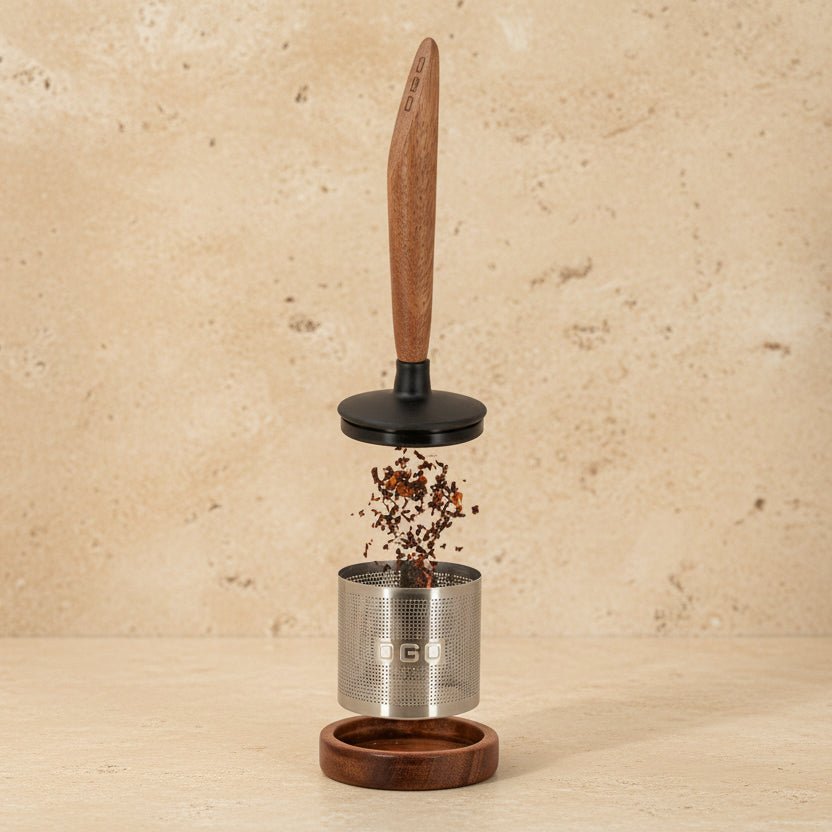
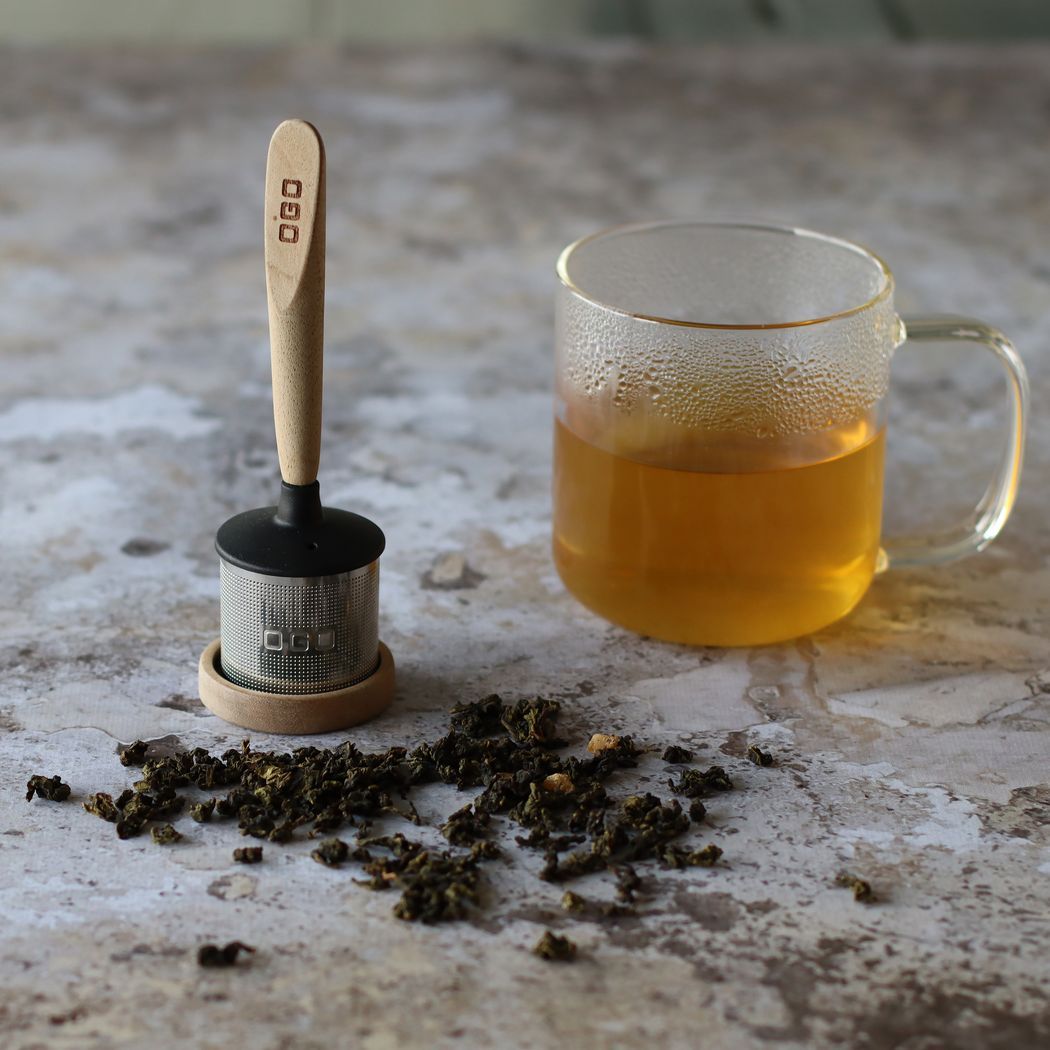

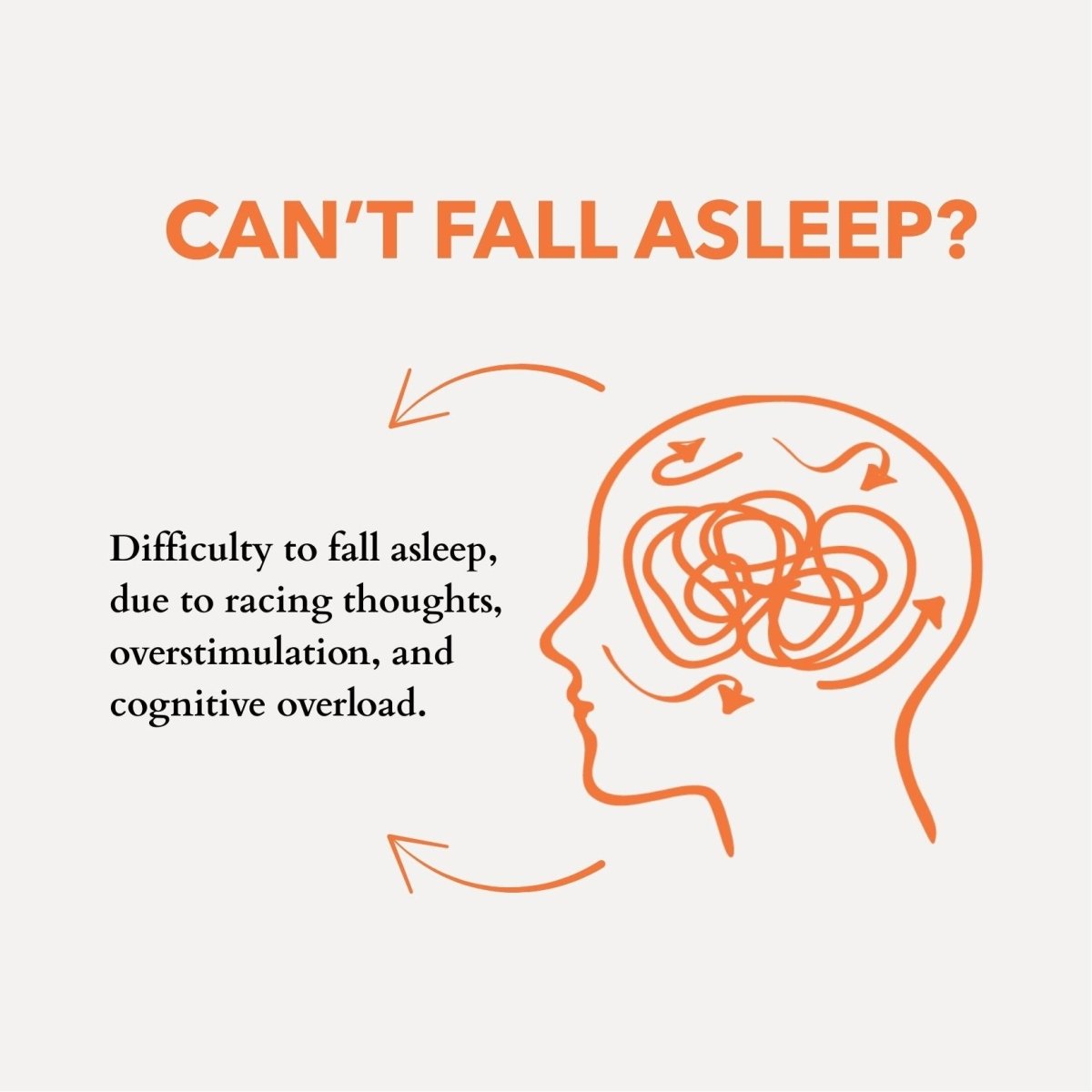
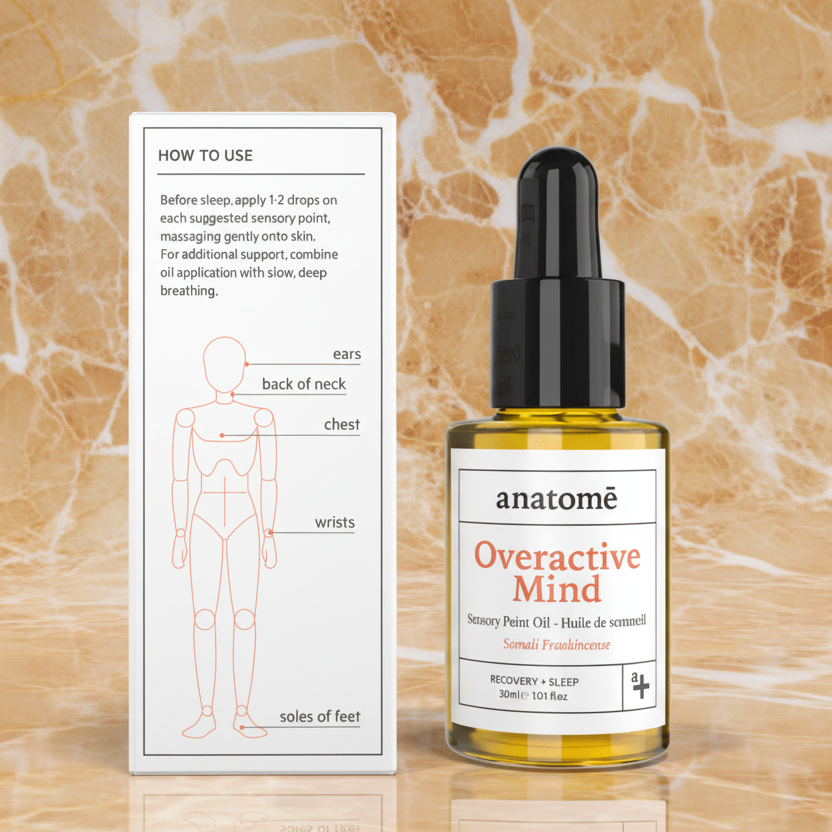
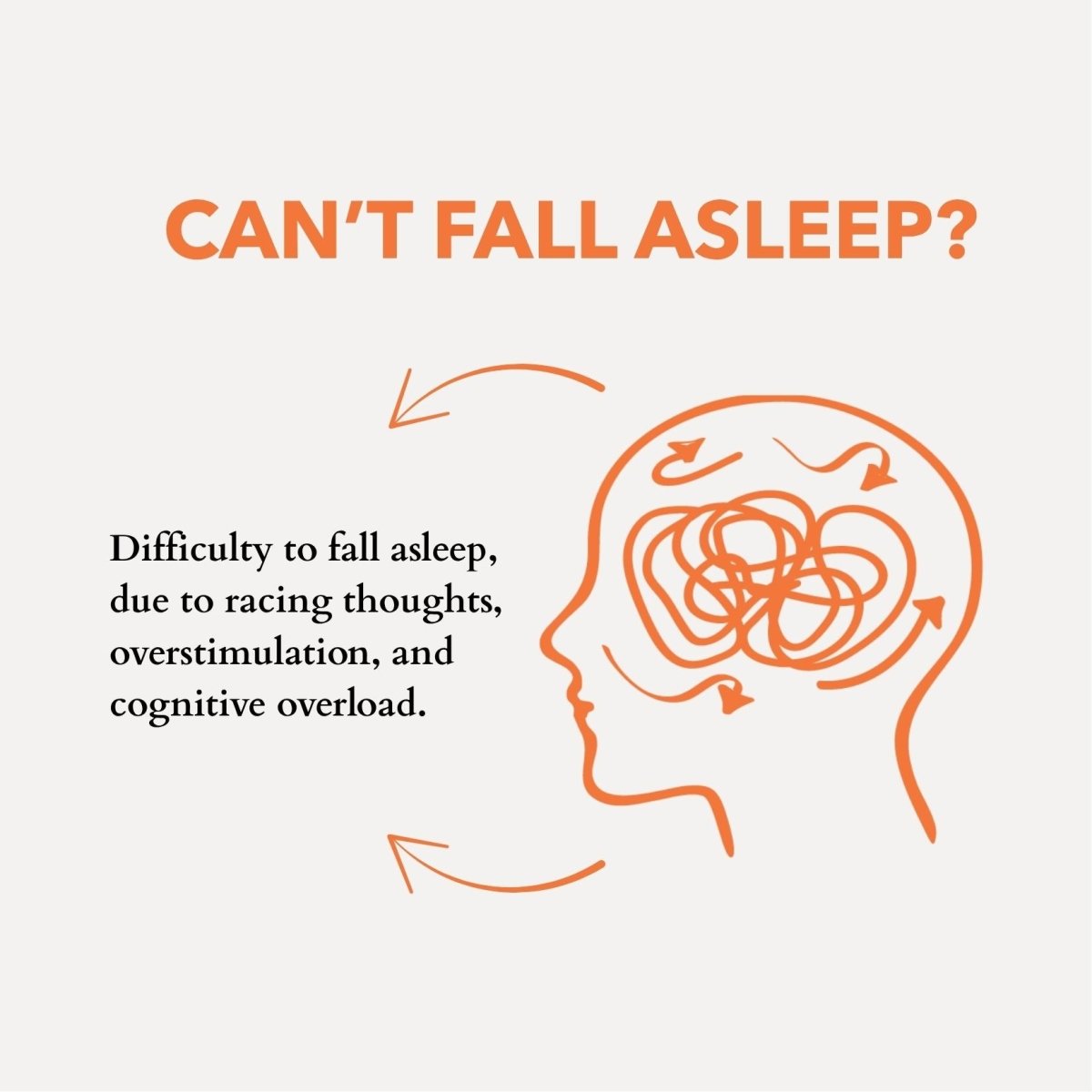
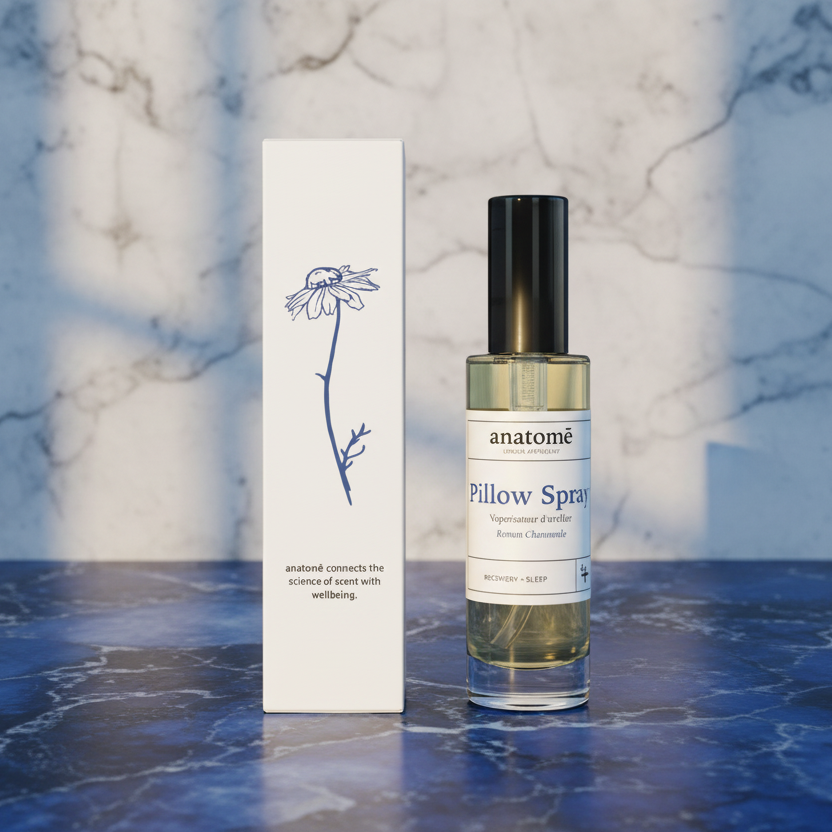

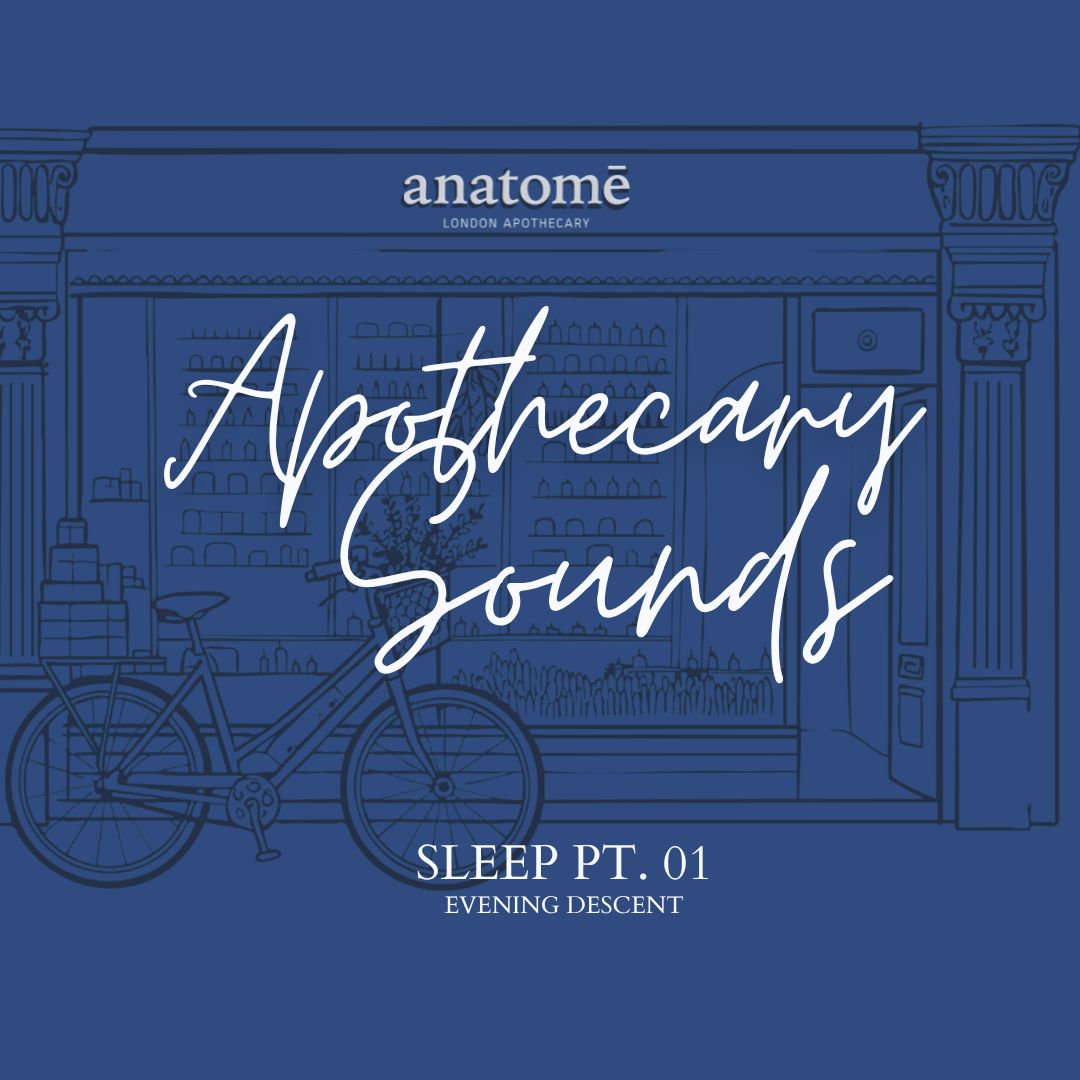


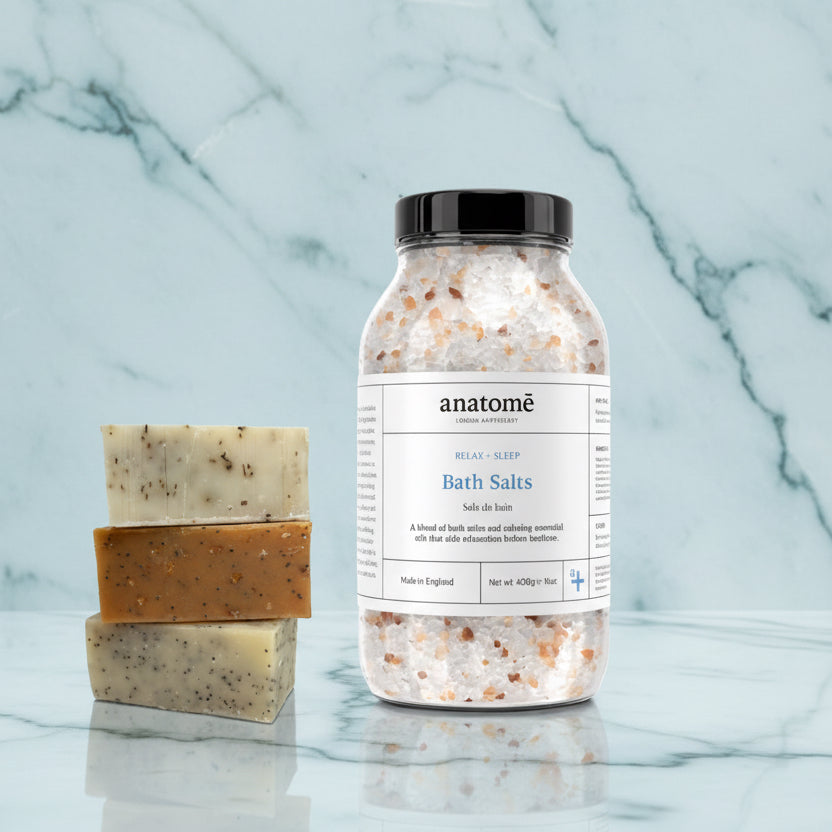

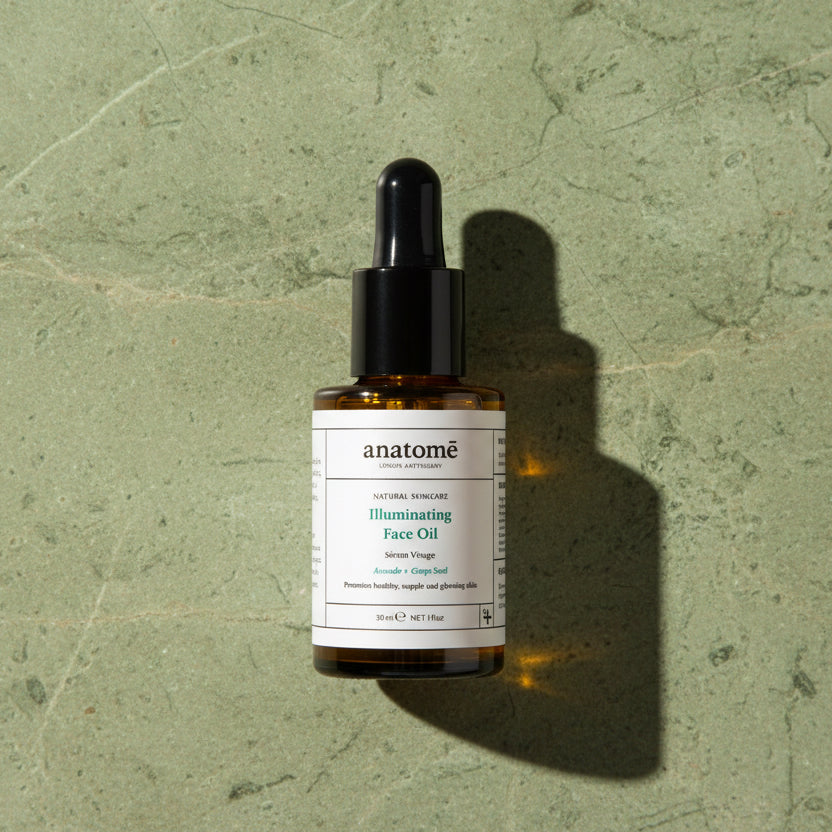
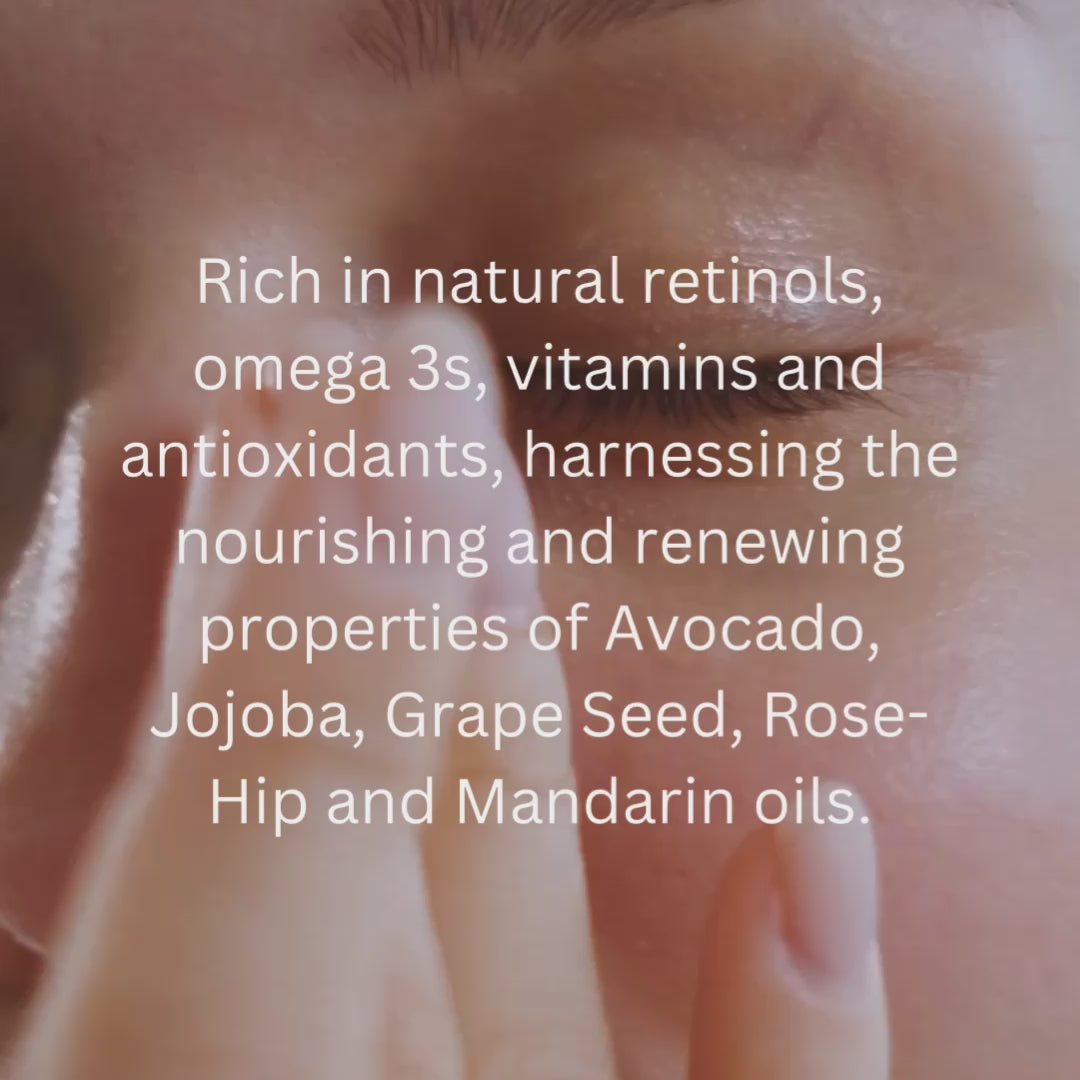
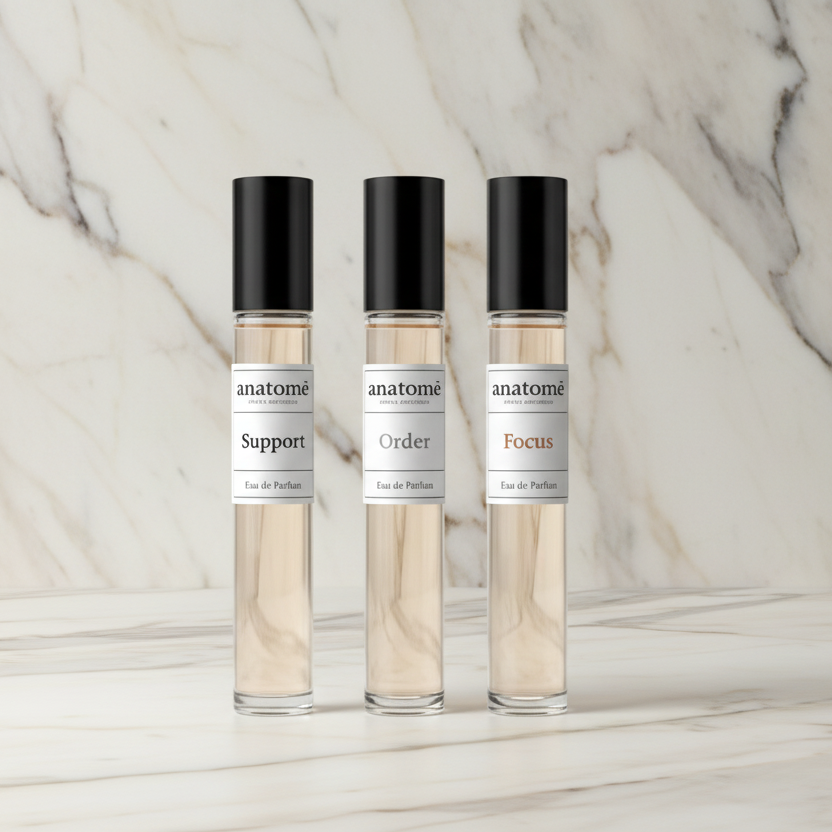

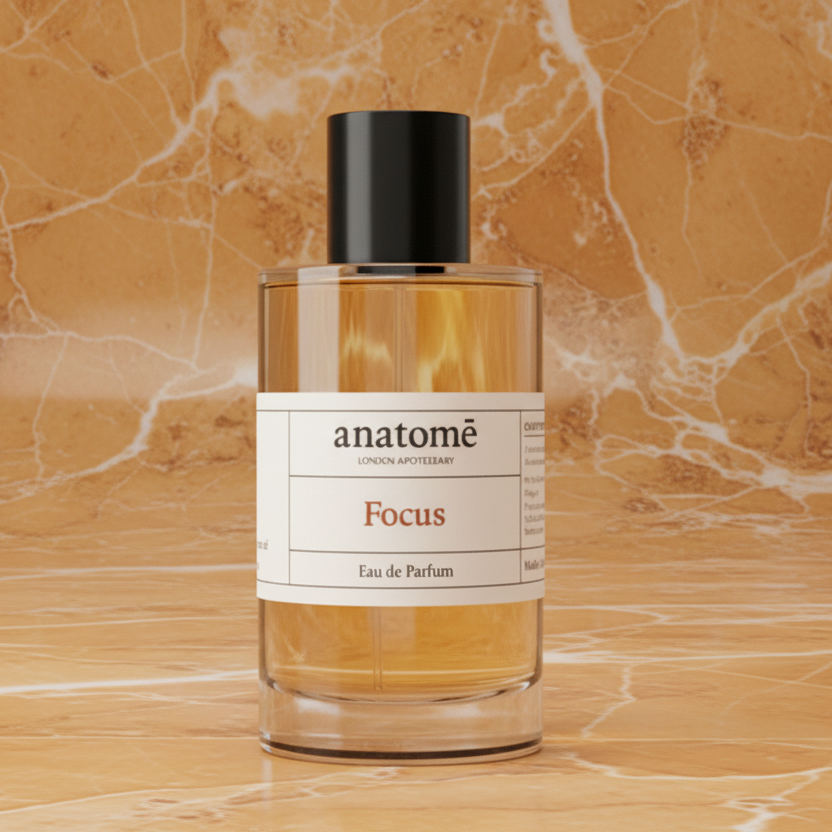


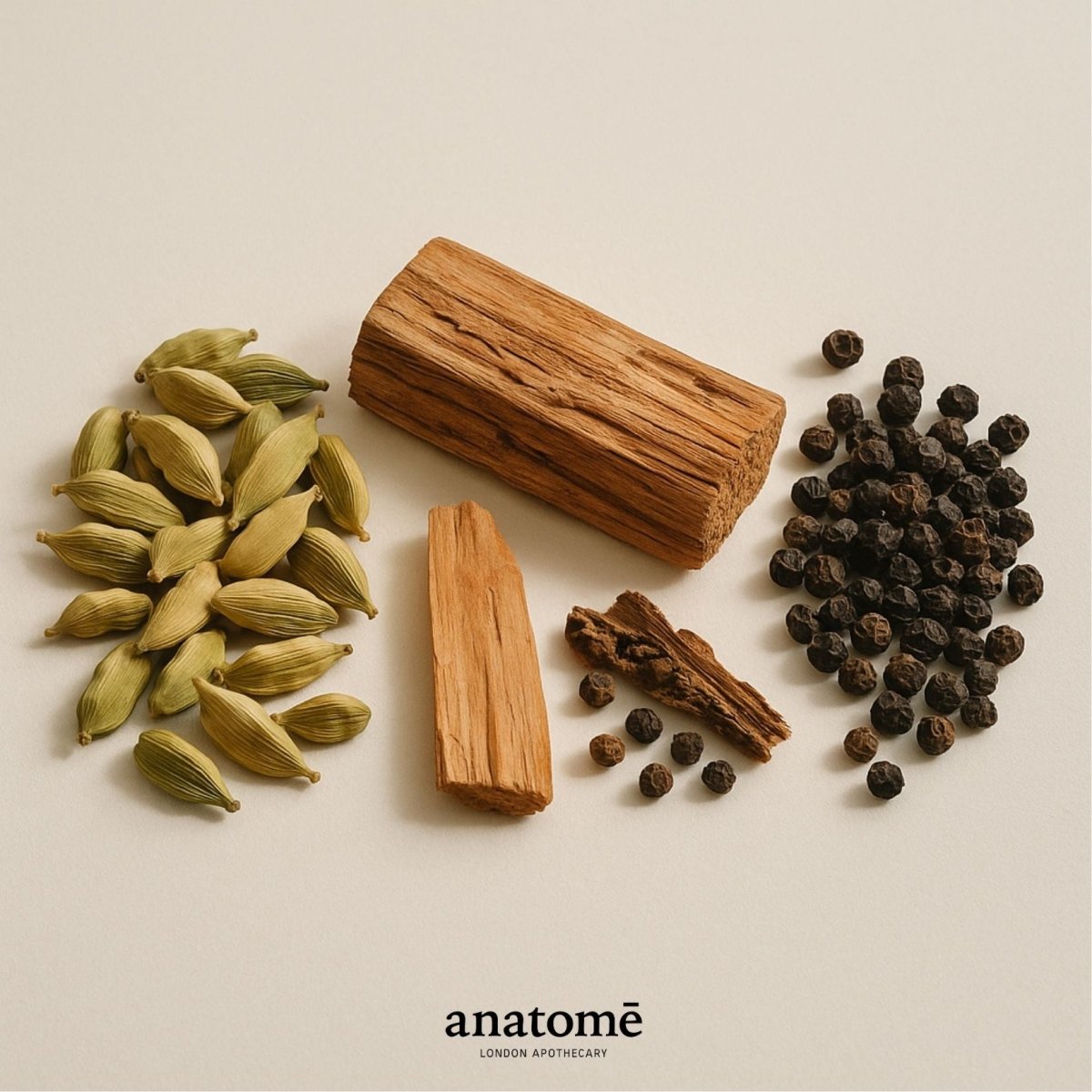

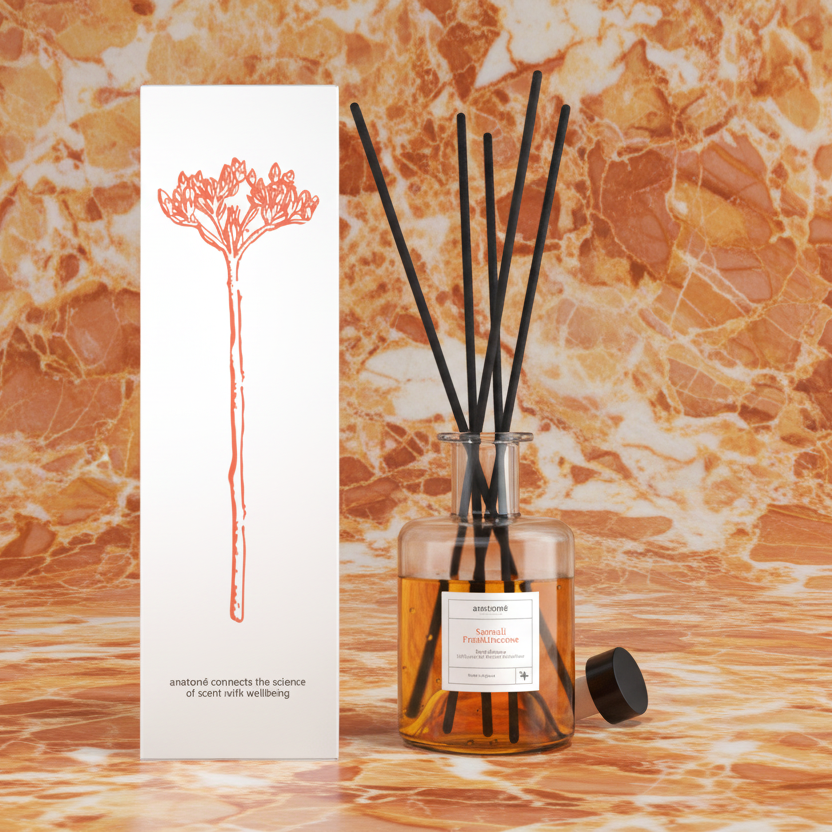
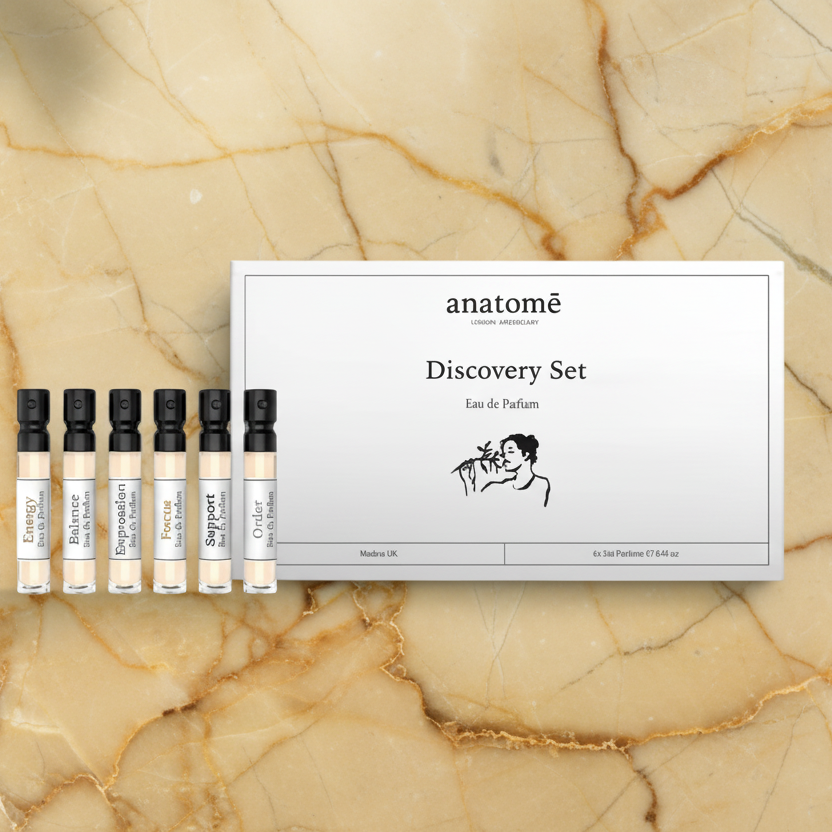
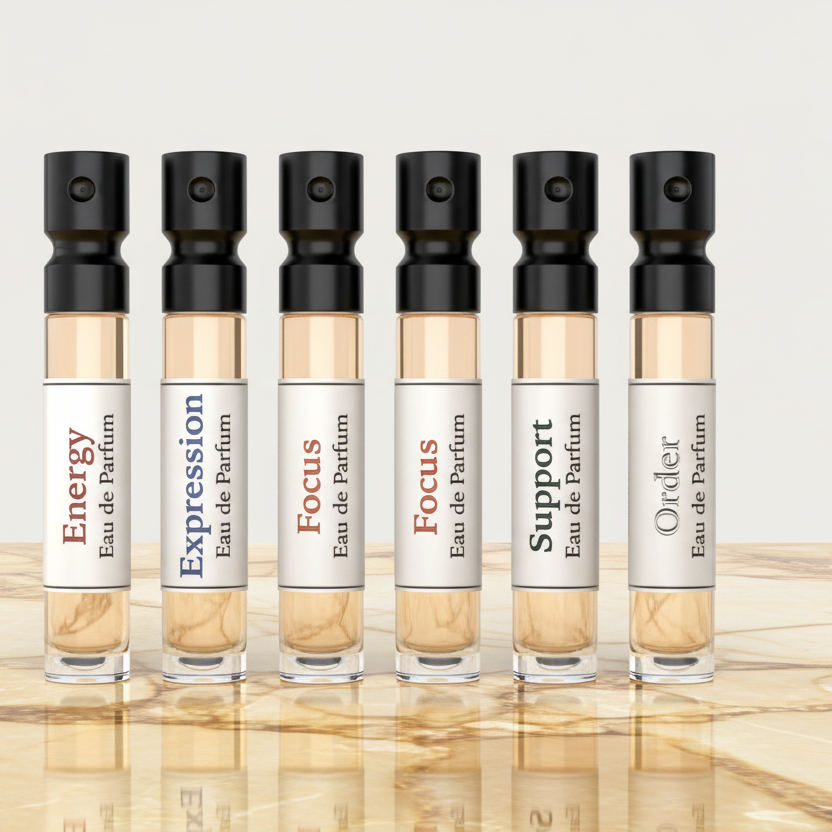

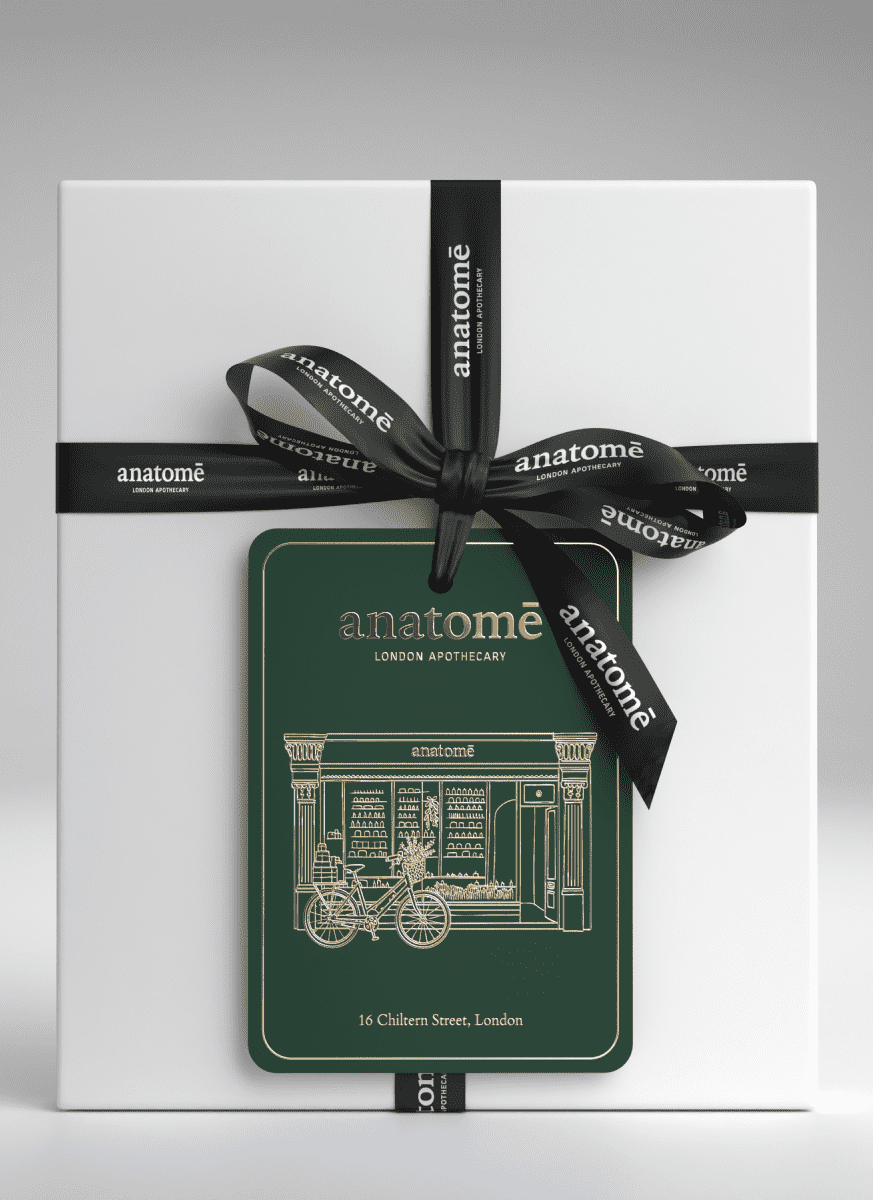

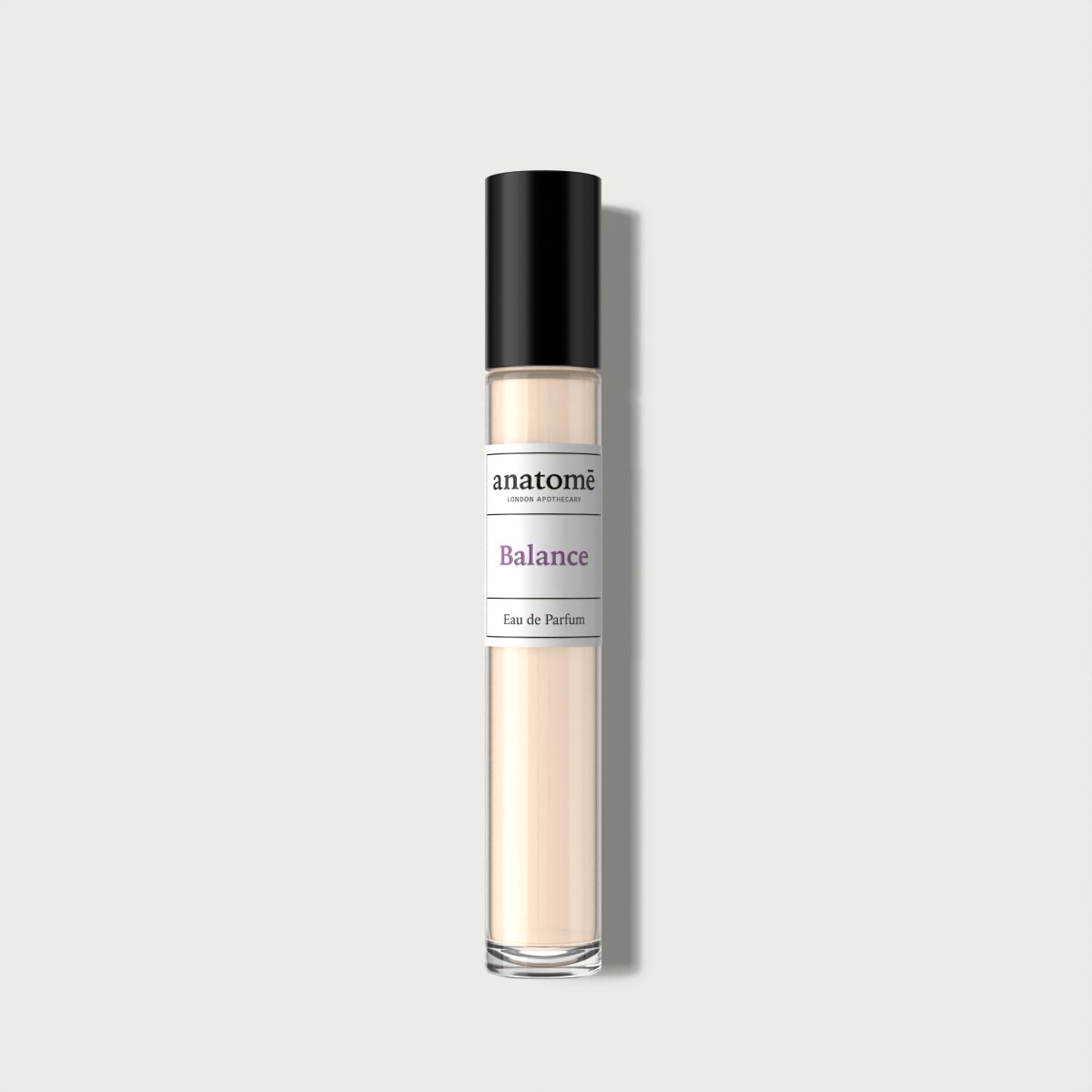

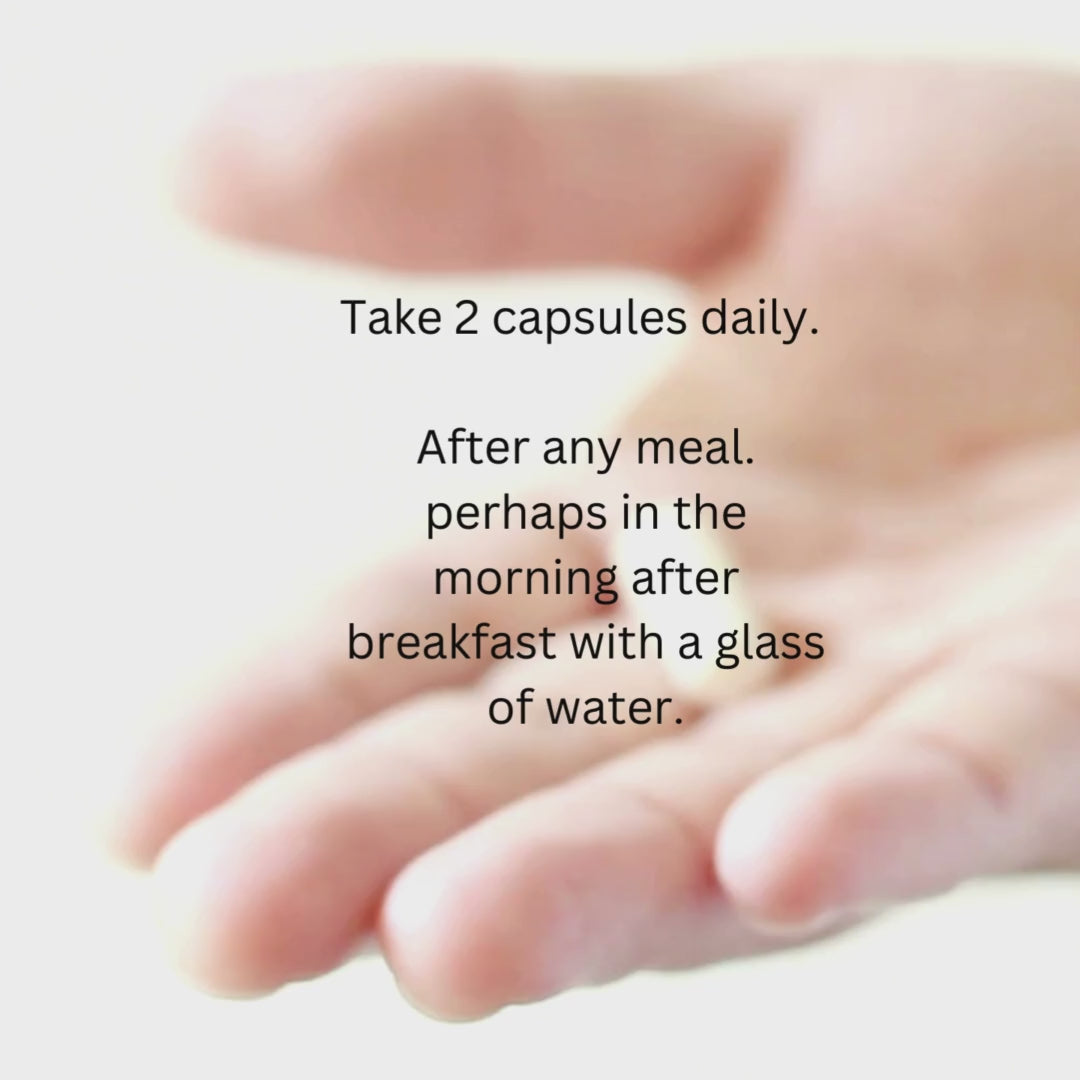









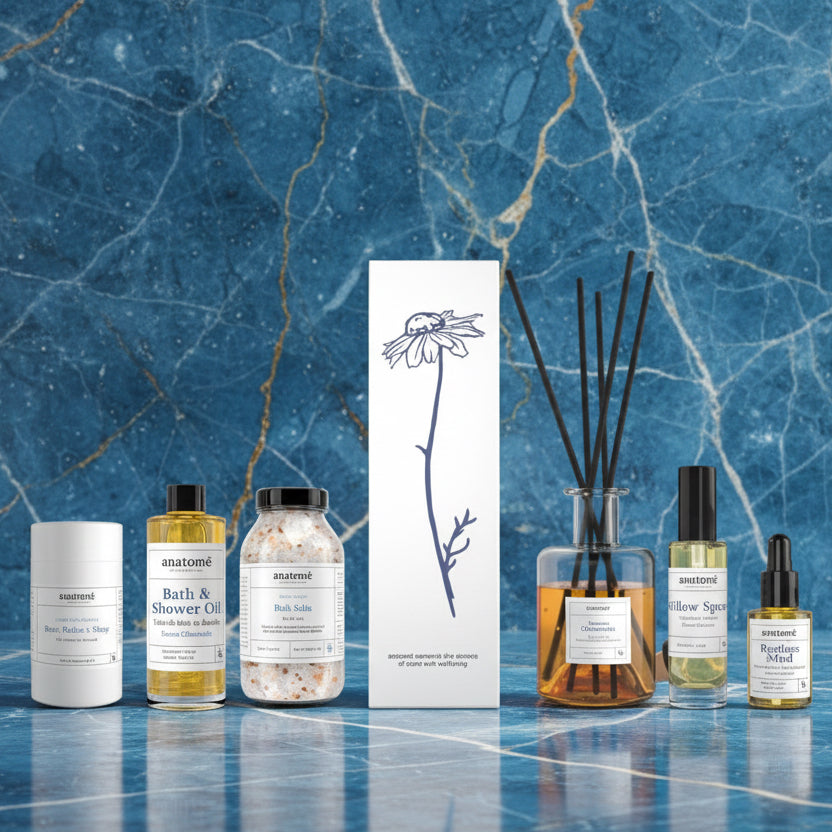


Leave a comment